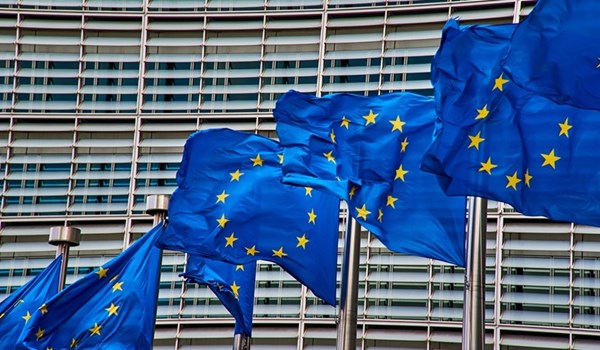Continued elevated electricity prices are upping the pressure on the eight holdout EU countries that cling to their high power tax rates.
For years, the EU has struggled with reforming the bloc’s minimum energy tax framework.
The initial objective was climate-related. Lower tax rates for power can boost boost the uptake of electricity – a key lever to decarbonise Europe’s economy. Since 2022 however, concerns over high energy prices have taken precedence.
To avoid a race to the bottom on energy taxes, EU law sets a minimum tax rate of €1 per MWh for households, and €0.5 for industry. However changing these minimum levies requires all 27 EU countries to agree unanimously, and a compromise has proven difficult to broker,
With the reform stalled, Brussels says it is time to fix things at the national level.
“We all agree that we have to bring down energy prices, and we have a way to bring prices down tomorrow: bring down the taxes on energy,” Energy Commissioner Dan Jørgensen told energy MEPs last week.
The Dane focused on the eight EU countries – including his own – that are levying higher electricity taxes than the minimum level set out in EU law.
Slashing taxes across Europe to the minimum could be “fast if we wanted,” Jørgensen said.
On 26 February, the European Commission will present its Affordable Energy Action Plan. A leaked version says EU countries “can lower electricity bills already today”, a shot across the bow of countries that also include Germany, France and the Netherlands that hae much higher tax rates.
Energy ministers keen to bring prices down may face opposition from their colleagues holding the purse strings, Jorgensen cautioned.
In Germany, power taxes contributed €6.8 billion to the government budget in 2023.
When asked by Euractiv why national governments had not already cut power taxes to minimum levels Conall Heussaff, a research analyst with think tank Bruegel also cited fiscal revenues.
“There’s a risk of doing this in a way that can, for example, exacerbate energy poverty,” he said, citing jurisdictions where “taxes are higher on electricity and lower on gas or other fossil fuels.”
“A lot of consumers are still very reliant on on these fossil fuels for their home heating,” Heussaff explained. Flipping taxation “overnight” to encourage electricity demand and penalising fossil fuel consumption “would be an unfair way of doing it.”



